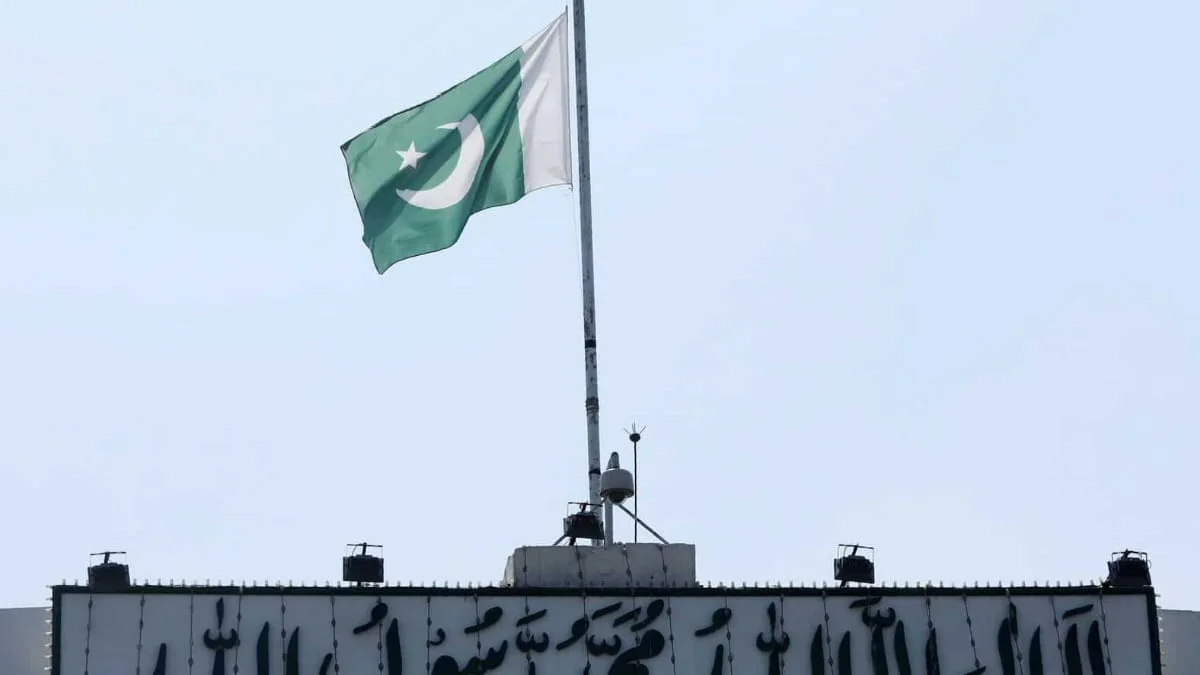In an effort to release the tranche of a $6.5 billion loan facility to address the financial crisis, Pakistan is facing an impending economic collapse and is changing its policies in accordance with the guidelines set forth by the International Monetary Fund. The country’s economy has entered a “tailspin” as a result of the IMF’s delay in sending credit. The News International, a Pakistani newspaper, reported that the financial organisation with its headquarters in Washington recently urged Pakistan to take action in order to “operate as a country” and avoid getting into a dangerous position where debt restructuring would be necessary.
IMF Managing Director Kristalina Georgieva has also highlighted two measures that Pakistan should take to prevent economic collapse and secure a loan from the global institution. She initially advocated increasing tax collections because individuals earning well in the public or private sectors should contribute to the economy. Second, she suggested removing subsidies from those who don’t require them in order to distribute scarce resources more fairly. The government’s Finance (Supplementary) Bill 2023, sometimes known as the “mini-budget,” was then unanimously adopted by Pakistan’s national assembly, paving the way for the country to apply for a $6.5 billion tranche of the IMF loan. A wide range of opulent imports and services now carry higher levies from the government.
The measure states that imports of everything from automobiles and home appliances to chocolates and cosmetics now have a 25% sales tax, up from the previous 17%. Also, the cost of business-class flight travel, wedding venues, cell phones, and sunglasses will increase. There was an increase in the general sales tax from 17% to 18%. Finance Minister Ishaq Dar stated that the excise duty on business class ticket costs for those flying to South America has been fixed at 250,000, while the charge on business and first class flights stays at 75,000 for those travelling to Africa and the Middle East.
According to reports from Geo Tv, he also said that the excise duty on tickets to European nations is set at 150,000, while it is also fixed at 150,000 for business and first-class flights to Australia, New Zealand, and other countries in the Asia Pacific. To win over the IMF and secure the loan, Pakistan raised the price of gasoline last week to Pakistani Rupees (Rs) 272 per liter.
The Pakistani political system has been meddled with by the IMF, Saudi Arabia, and the United Arab Emirates. Since the populace suffers from delays in the release of the IMF’s tranche, they have been advocating for structural reforms in the economy.
The nation has allegedly “gone bankrupt,” according to Pakistan’s Minister of Defense Khawaja Asif. He claimed that Pakistan alone holds the key to the nation’s economic problems, not the International Monetary Fund (IMF), which has not yet made any official announcements regarding help. Several businesses have ran out of raw supplies or foreign currency, which has made matters worse for an economy striving to avoid a default on its obligations. Suzuki Motor Corporation, Ghandhara Tyre & Rubber Company, Toyota Motor Corp.’s regional subsidiaries, Engro Fertilizers Ltd, Fauji Fertilizer Bin Qasim Limited, and other businesses have all ceased operations. In addition, the reports noted that, despite difficult economic conditions, mobile phone imports totaled 93 billion in the first seven months of 2022–2023 (July–January).
Pakistan has spent 4.15 billion on the import of gold during the first seven months of the current fiscal year, compared to 2 billion during the same time of the previous fiscal year, despite the country’s financial difficulties. Moreover, Pakistan’s foreign exchange reserves held by the central bank increased by US$276 million to $3.193 billion for the week of February 10, but the country’s external debt servicing increased by 70% in the first two quarters of 2022–23, aggravating the dollar shortfall. The liquid foreign exchange reserves for the nation were $8.702 billion.
Data on foreign direct investment into Pakistan was also made public by the central bank of the nation, and it shows that during the first seven months (July to January) of the fiscal year 2022–2023, there was a 44% reduction in FDI inflow.


